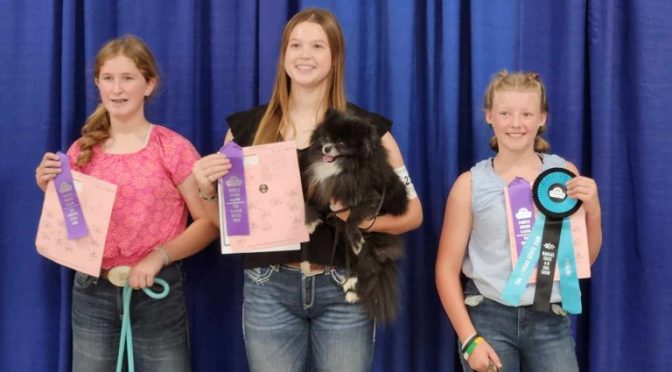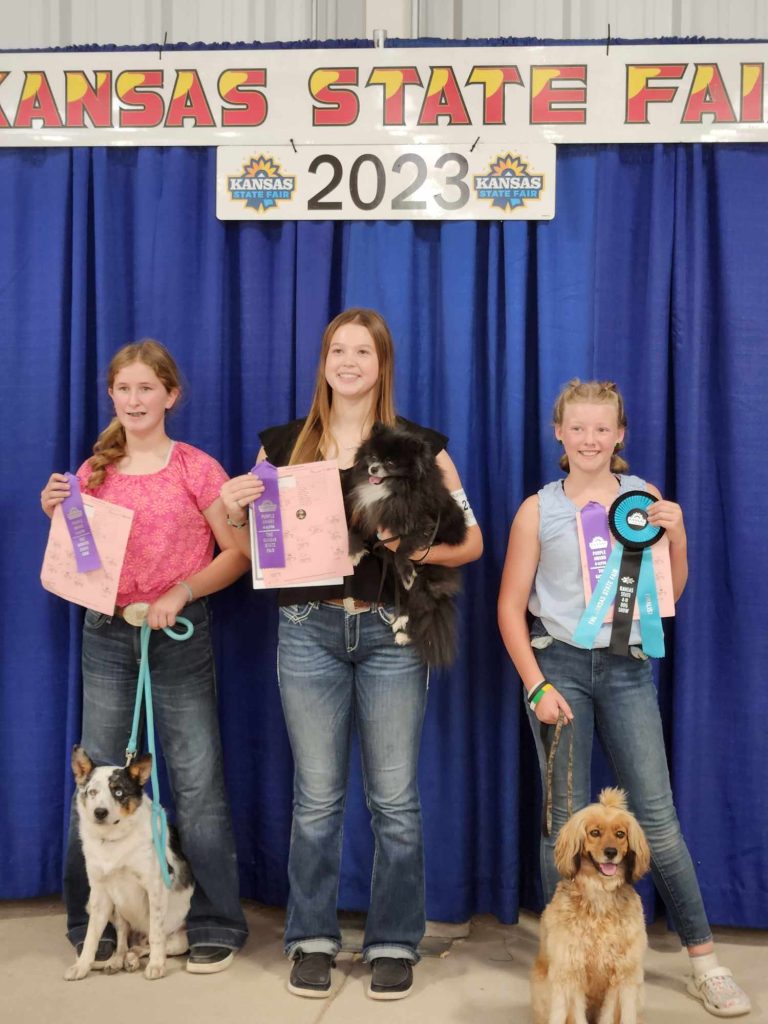KCC approves energy efficiency programs for Evergy customers
TOPEKA – In a 2 to 1 vote this morning, the Kansas Corporation Commission approved a settlement agreement pertaining to Evergy’s application for a Demand-Side Management (DSM) Portfolio featuring nine energy efficiency programs aimed at helping customers save energy and lower their monthly bills. Today’s decision is not related to Evergy’s pending rate case, which is a separate docket.
Discussions on the Energy Efficiency program application have been ongoing between Evergy, Commission Staff, and other stakeholders since the application was filed in December 2021. Agreement on the program offerings came relatively quickly. However, determining the best way to measure and fund the programs resulted in differing opinions. Due to KCC staff concerns regarding potential cost, the Commission was presented with two proposals — a full slate of nine programs including PAYS® or a modified, lower cost option featuring only five programs.
The original nine-program offering was approved today with conditions attached to help ensure accurate performance measurements and fiscal accountability while avoiding duplication of funding available under the Inflation Reduction Act. The approved settlement agreement is expected to have a total bill impact of less than 1-2% to implement and maintain the energy efficiency programs, while producing lower overall costs for customers in the long run. These costs will not appear on customer bills until mid-2025 at the earliest.
Commissioner Dwight Keen filed a dissenting opinion (included in the docket with today’s order) explaining his preference for a cost effective alternative DSM Energy Efficiency proposal that he believes provides substantial benefits to Evergy ratepayers at a significantly lesser cost, and more directly addresses his concerns regarding a possible duplication of incentives contained in the Federal Inflation Reduction Act (IRA).
Today’s order states:
“The Commission’s view of “just and reasonable rates” and “the public interest” is broader than immediate bill impacts. The Commission must evaluate not just the cost of programs, but also what customers are receiving for that cost. Here, customers are gaining access to programs that allow them to better control their energy usage and their bills. The Commission received very positive feedback from the public that they want access to these types of programs.
“While there is ample evidence that the system as a whole will benefit from the KEEIA portfolio, the Commission is also compelled to provide opportunities for low and fixed income customers to control their bills. In the Commission’s view, programs serving these communities make rates more just and reasonable for all. The continued absence of energy efficiency tools for these communities contributes to less just and reasonable rates.”
The order also references the Kansas Energy Efficiency Investment Act (KEEIA) K.S.A. 66-1183, previously passed by the Kansas Legislature.
“Nearly ten years ago, the Kansas Legislature and Governor set State policy promoting the establishment of cost-effective energy efficiency programs. At that time, it became the policy of this State to help utility customers use energy more efficiently and in a manner that sustains or enhances those customers’ incentives to use energy more efficiently. The intent of this Order is to implement the goals of our State’s highest policymakers and ensure those Kansas residents and businesses with the greatest need to control their bills have options available to do so.”
The nine programs approved today include the following:
1) Whole Home Efficiency Program: Provides rebates, discounts, and on-bill financing for HVAC and building envelope measures in single and multifamily residences. It will also provide no cost energy assessments and discounted energy savings kits.
2) Home Energy Education Program: Helps rural and low-income customers use energy more efficiently through marketing, outreach, and education.
3) Home Demand Response Program: Helps customers reduce their energy use during peak demand periods. It also provides opportunities for customers to receive free thermostats and water heater controllers.
4) Hard-to-Reach Homes Program: Provides enhanced incentives, no-cost home upgrades, and no-cost energy assessments and savings kits for low-income and rural customers.
5) Whole Business Efficiency Program: Provides both variable and fixed incentives to help business customers install efficient equipment and building envelope improvements.
6) Business Energy Education Program: Provides tools, resources, and guidance for businesses interested in saving money on energy. The program focuses on small businesses.
7) Business Demand Response Program: Helps business customers decrease their energy usage during periods of peak demand.
8) Hard-to-Reach Businesses Program: Offers enhanced incentives to small businesses and non-profits.
9) Pilot Incubator Program: Creates a pathway to identify and evaluate new DSM program concepts to meet changing customer needs and integrate evolving technologies.
More details and the timeline for implementation will be shared as the programs are developed.
Today’s order is available here. A recording of today’s Business Meeting featuring comments by Commissioners, is available on the KCC YouTube channel.
###


